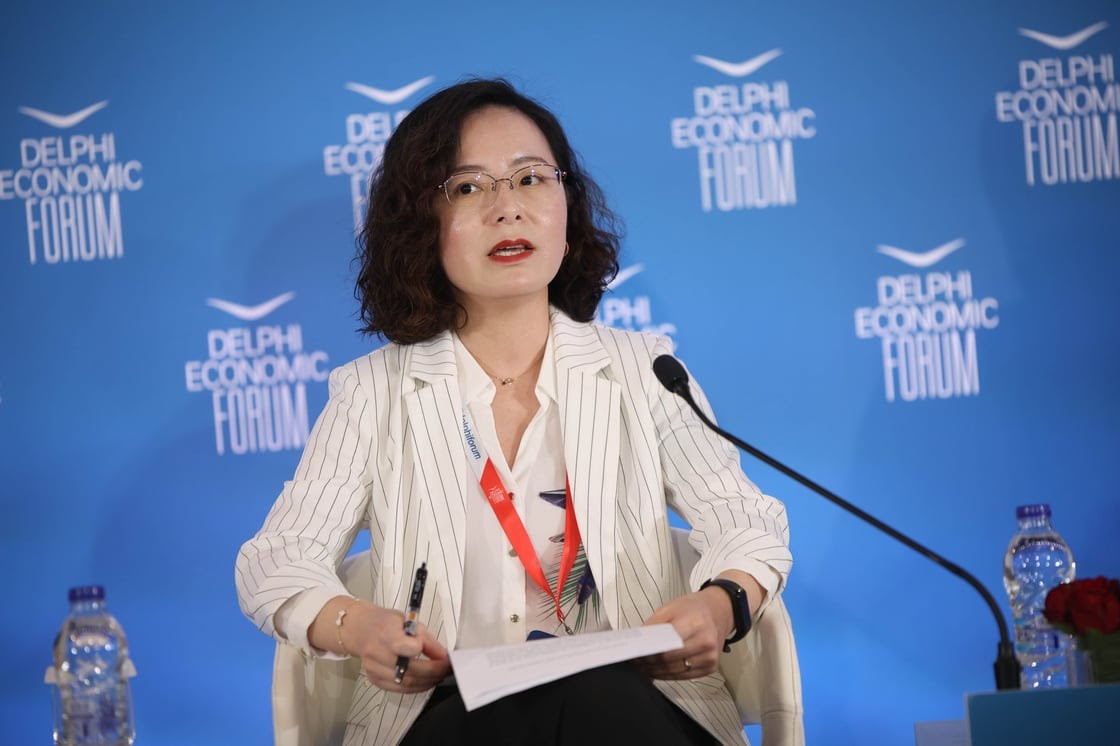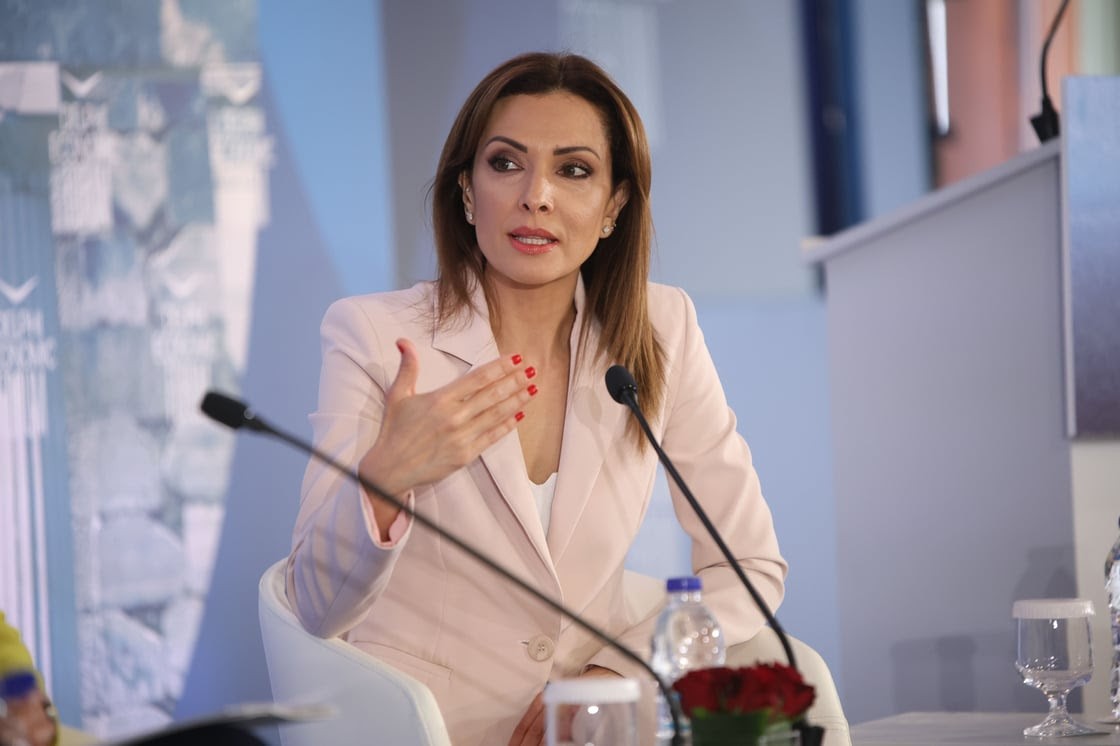As a programming partner of Delphi Economic Forum, DIKTIO – Network for Reform in Greece and Europe organised a panel discussion about the inclusion of AI in primary and secondary education, focusing on the case of Greece.
Our country’s educational system is on a transformative path with the goal of integrating artificial intelligence applications into school programs by the end of 2025, as highlighted at the 9th Delphi Economic Forum. “Artificial Intelligence (AI) is not just another tool; it represents a new culture, a new system,” stated Anna Diamantopoulou, President of DIKTIO, former European Commissioner & Minister, emphasizing that the transition to this new era should be conducted in a way that benefits the many and not the few. The use of AI in education “simplifies it, makes it more inclusive, enhances communication, judgment, and critical thinking skills, as well as the management of schools, even their infrastructures.” However, as Ms. Diamantopoulou clarified, assessment should remain outside of AI’s scope. She noted that among the 38 OECD countries, only 11 have already made the necessary changes in their educational systems to incorporate AI, and 4—including Greece—are still in the discussion phase. “If we do not utilize artificial intelligence quickly and effectively, we are entering an era of vast inequalities, both within and between societies,” Ms. Diamantopoulou stressed. “We cannot make this educational transformation a voluntary process,” she added, underlining the need for a change in mindset among educators in Greece. Ms. Diamantopoulou also spoke about the need to regulate the private sector in this new era to avoid monopolies that could dominate a country. “The way to avoid this is through open data and access for educators to multiple and diverse sources,” she noted.
“Research shows that only one in two educators knows what artificial intelligence is. And of those who know, only one in three says they understand what needs to be done,” stated Spyridon Doukakis, President of the Institute of Educational Policy, announcing the launch of training seminars for people working in education, in collaboration with private entities. These initiatives, as he explained, will start in May aiming to train 800 selected educators who will act as ambassadors of the Ministry of Education in this endeavor. “The Ministry of Education is preparing a school learning system that, with the help of artificial intelligence, will provide predictive and forecasting capabilities for the child,” Mr. Doukakis emphasized. This program will be ready by the end of 2025 and is being implemented with funding from the RRF amounting to 40 million Euros. As he clarified, the Institute is already preparing the guidelines that educators should follow when using artificial intelligence.
“The goal should not be the incorporation of AI in education, but rather the transformation of education from a teacher-centered to a student-centered model to make the most of it,” stated Panagiotis Anastasiadis, Professor of Lifelong and Distance Learning at the University of Crete. He emphasized that introducing artificial intelligence into the educational system is meaningless without a philosophical and pedagogical framework. The goal, he said, should be to cultivate critical thinking, develop collaborative exploration and knowledge building, encourage creativity through the arts and culture, and cultivate social skills with an emphasis on self-regulation and social empowerment. Artificial intelligence, as Mr. Anastasiadis explained, is the combination of an algorithm with data. Data is a human creation, he noted, referring to the bias surrounding the use of AI.
“We cannot deny that artificial intelligence greatly facilitates the learning of foreign languages,” said Sofia Hu (Hu Jingjing), from the Center for Greek Studies, Shanghai International Studies University, China, who discussed her experience with the use of AI tools and applications. As she explained, although the learning of the Greek language in Shanghai began in 1972, for forty years this initiative progressed very slowly. However, the last ten years have seen rapid development thanks to AI. She referred to the digital wreath that students wear during teaching, which transmits data to an AI application that can detect if a child is distracted, facing learning difficulties, etc., and sends this information to the teacher, giving them the ability to intervene immediately and personalize support for the student. However, she also mentioned the challenges that educators in China face, as students often provide incorrect or even morally inadequate answers. “We encourage students to use AI, but always to question whether the answers are correct and to check other sources, official websites, etc.,” said Ms. Hu. “Excessive dependence on artificial intelligence does not favor the cultivation of creativity,” she emphasized.
“AI gives educators the opportunity to free themselves from administrative tasks and focus on teaching,” stated Pavlos Kitsanelis, Public Sector Lead for Greece, Cyprus, and Malta at Microsoft, noting that a major program for educational operators is already underway in Greece. The goal, as he explained, is for 70,000 educators to be trained in the use of artificial intelligence by 2025. These pioneering volunteers will subsequently draw the rest into this initiative, Mr. Kitsanelis estimated. He explained that Microsoft focuses on AI applications and tools that can be used in education for: curriculum design, content delivery, student assessment, educator development, and the management of school studies as a policy-making entity. “At Microsoft, we have three principles: first, the democratization of AI; second, the development of AI; and third, the empowerment of members of the educational community.”
The discussion was moderated by Maria Sarafoglou, Journalist, ANT1.







